Overview
Hypertension is a frequent illness in which the long-term force of blood against artery walls is high enough to produce health issues like heart disease.
The amount of blood your heart pumps and the resistance to blood flow in your arteries influence your blood pressure. Blood pressure rises with increased heart rate and artery narrowing. A blood pressure reading is in mmHg (mm Hg). It has two. Top digit (systolic pressure) The first number measures the artery pressure while your heart beats.
The last digit (diastolic pressure) The second number measures the artery pressure between beats.
Years can pass with no indications of elevated blood pressure. Uncontrolled hypertension increases the risk of heart attack and stroke. Fortunately, hypertension is easily identified. Knowing your blood pressure might help you work with your doctor to regulate it.
Symptoms
Even when blood pressure measurements are dangerously high, most persons with high blood pressure show no symptoms.
The signs and symptoms of high blood pressure aren't distinct and usually don't appear until the condition is severe or life-threatening.
A doctor's visit
During a typical doctor's visit, your blood pressure will likely be taken.
Begin taking your blood pressure at least every two years at the age of 18. Request a yearly blood pressure check if you are 40 or older or if you are 18 to 39 with a high risk of hypertension.
Check both arms' blood pressure to see whether there's a difference. Use an appropriate-sized arm cuff.
If you have high blood pressure or other cardiovascular risk factors, your doctor may advise more regular readings. Blood pressure is usually checked in children aged 3 and up as part of yearly examinations.
If you don't see a doctor often, you might be able to get a free blood pressure check at a health resource fair or other community events. Some stores also have free blood pressure machines.
Public blood pressure machines, like those at pharmacies, may be useful, but they have limits. The accuracy of these machines is dependent on various factors, including cuff size and proper operation. Ask your doctor about using public BP machines.
Causes
There are two types of hypertension.
Hypertension (primary)
Most adults have no known cause of elevated blood pressure. Primary (essential) hypertension develops gradually over many years.
Hypertension 2
A underlying disease might induce high blood pressure. Secondary hypertension occurs quickly and causes higher blood pressure than primary hypertension. Secondary hypertension can be caused by many things.
Read the whole articlet at https://www.mayoclinic.org/diseases-conditions/high-blood-pressure/symptoms-causes/syc-20373410
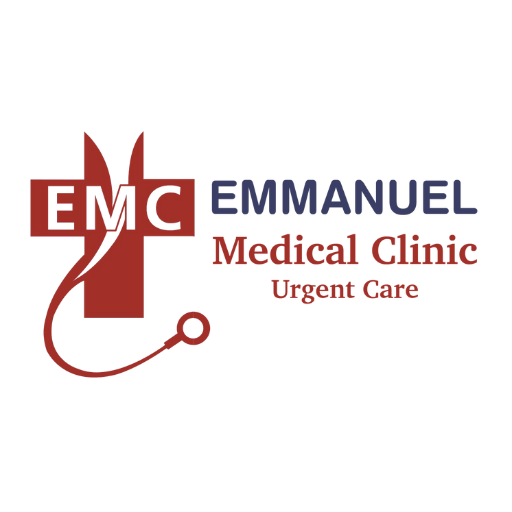
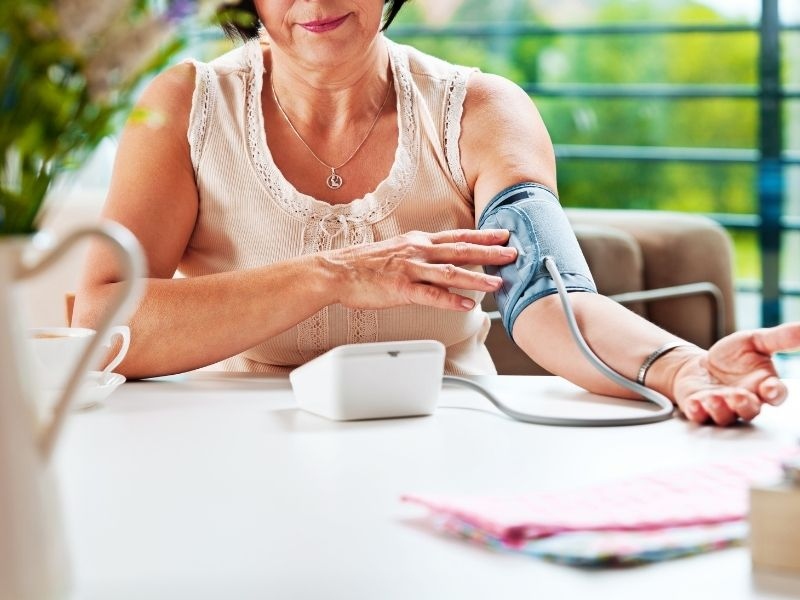
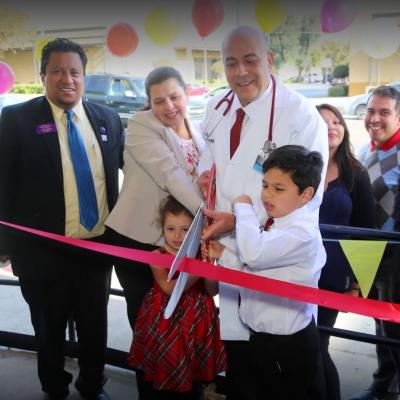

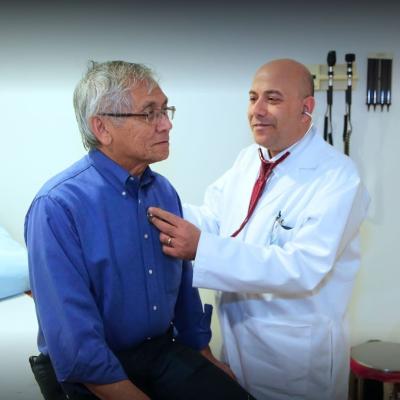


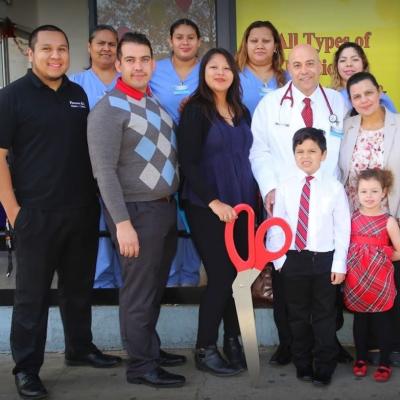
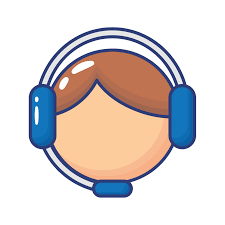

 And then Add to Home Screen.
And then Add to Home Screen.